In autumn it is very important to harvest on time. But how great it would be to leave the vegetables in the garden and collect them as needed until frost, and then in the spring! It turns out that there are crops that do not necessarily need to be collected and sent to the cellar for the winter.
Some perennial and biennial plants can overwinter directly in the ground. They can be collected and eaten throughout the fall, and then in the spring, after the snow has melted. What can we say about perennials?
Winter-hardy root vegetables
Overwintering in the garden, root crops are not deprived of all the beneficial substances they contain. In addition, the plants are unpretentious to grow and are rarely affected by diseases or damaged by pests.
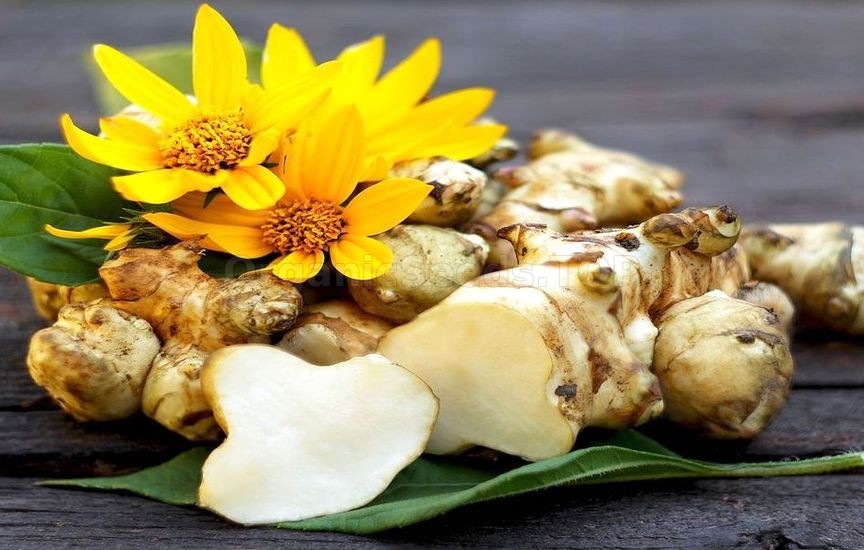
Jerusalem artichoke has so many beneficial properties that the list of them can be endless. Ground pear, as this plant is also called, is a real mix of vitamins, carbohydrates, proteins, organic acids and many other useful substances. Tubers dug up in the fall in the cellar are poorly stored: they become stained and can become moldy. But they overwinter well right in the soil, because the plant is quite cold-resistant. Jerusalem artichoke can overwinter without shelter, but in winters with little snow, it is recommended to cover the beds with straw (5 cm layer) and lay spruce branches on top.
Some vegetable crops are not only useful, but also decorative. For example, Jerusalem artichoke with its tall greenery can cover any unsightly buildings on your site, and its yellow flowers will decorate vegetable beds.
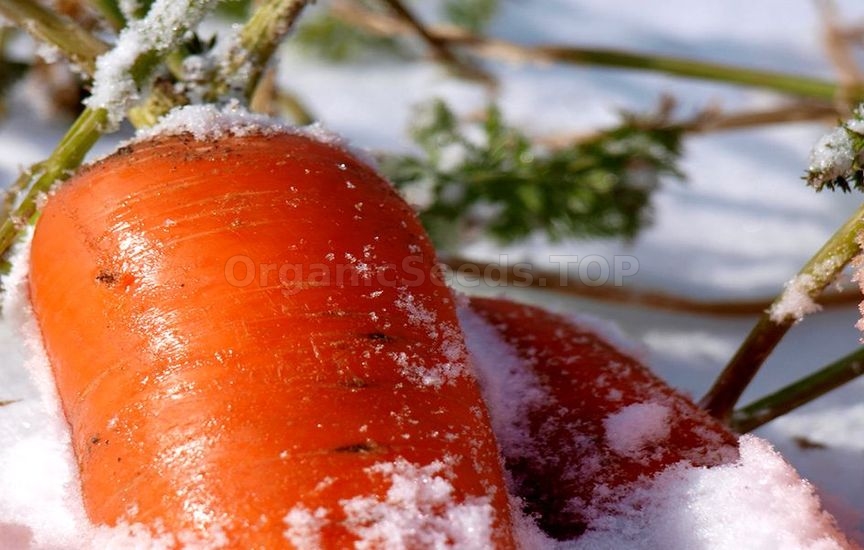
Carrots that are not harvested in the fall will safely survive winter frosts if they are well covered. The crop can be kept in an open garden until November, after which it needs to be properly prepared for wintering. First you need to cut off the tops and cover the plantings with spruce paws. A layer of litter and straw up to 15 cm thick should be laid on top of the spruce branches. On top of such a “warm” bed should be covered with film. In cold winters, it is recommended to throw more snow on the carrots so that the root crops do not freeze.
The quality of overwintered carrots decreases significantly by spring. Root crops become overgrown with small roots and dry out a little. Therefore, such carrots are not suitable for fresh consumption; they are more suitable for processing.
Scorzonera is no less cold-resistant. But this plant should also be covered. For this, straw is suitable, which must be laid on the bed in a layer of about 5 cm. If the root crops are not dug up immediately in the spring, the plants will bloom and produce seeds.
Without shelter, parsnips overwinter quite well. But in order to help the plant at least a little, it should be covered with a layer of soil 4-5 cm thick. There should be a small mound in the garden bed. By the way, among all vegetable crops, the plant occupies one of the leading places in terms of the content of easily digestible carbohydrates.
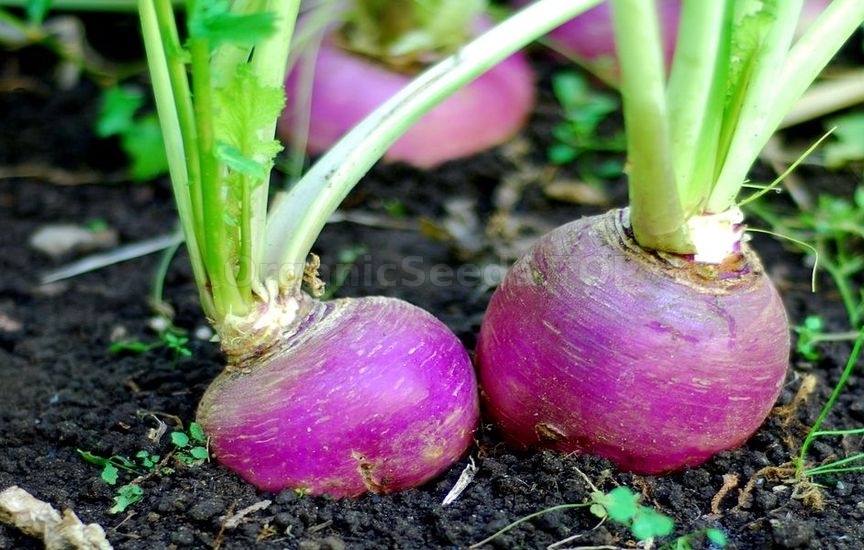
Daikon and turnips overwinter well in soil. But in order to keep them safe and sound until spring, you will have to make board borders for the garden bed. They should be buried 10-15 cm into the ground on each side of the area with root crops. Before the onset of frost, the tops of daikon and turnips need to be cut off, and the bed should be covered with a layer of 5-10 cm of river sand.
Root vegetables are a real treat for rodents. Especially in winter, when finding food becomes more difficult. And plantings covered with spruce branches can generally become their home for the entire cold period. Therefore, in order to preserve the harvest, it is worth putting poison for pests under the shelter.
Cold hardy greens
Not only root vegetables, but also greens, such as parsley, celery root or chard, can be left to overwinter in the ground. In the spring, just a couple of weeks after the snow melts, they will produce their first harvest. I don’t think it’s worth telling how useful early greens are.
For the winter, it is enough to cover a bed with parsley with earth or mulch it with humus (or compost) in a layer of 5-10 cm. However, it is not worth keeping the parsley planting until summer, since the plants of the second year grow powerful flower stalks, and the green mass becomes smaller and coarser.
Celery also tolerates wintering well in soil. Before wintering, it needs to be trimmed (cut off the tops) and covered with soil. It is advisable to cover the bed with spruce branches on top.
The spruce branches retain the snow in the garden bed and thereby protect the plantings from freezing. However, in the spring it is very important to remove this cover in time so that the plants do not dry out.
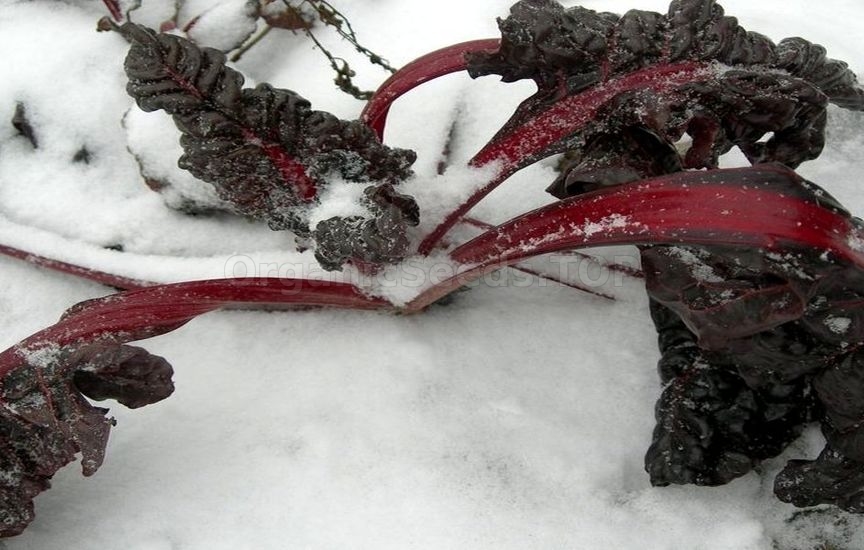
Chard is another cold-resistant green that overwinters safely in the ground if it is covered with a layer of peat or sawdust (3-5 cm). If neither one nor the other is found on the farm, ordinary dry leaves will do.
Perennial vegetables
Perennial vegetables that tolerate winter cold well do not need autumn harvesting. These include sorrel, horseradish, rhubarb, lovage, as well as rhizomatous onions (batun, slime, chives).
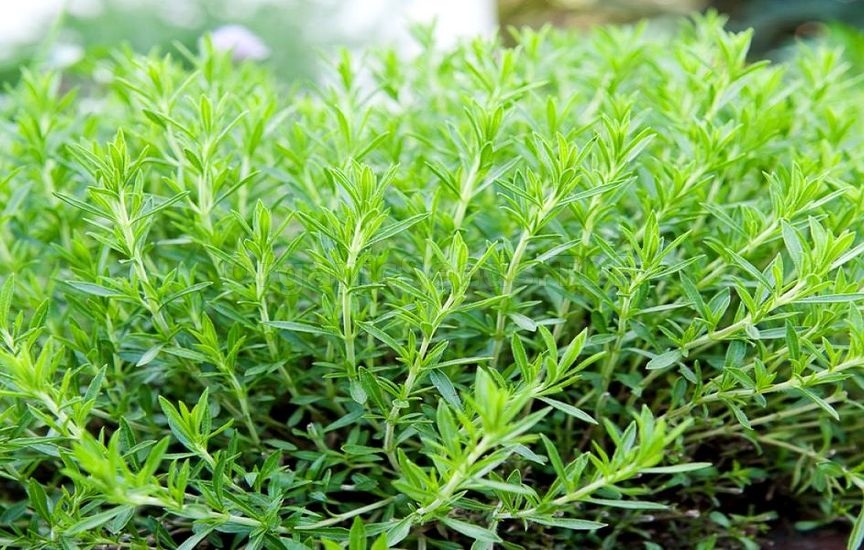
Don’t forget about herbs, which can grow in the garden for up to 5 years in a row. Mint, lemon balm, oregano, catnip and tarragon overwinter safely under cover of mulch (and in the southern regions without it).
In the first year, these crops are not harvested, giving them the opportunity to grow stronger. Cleaning begins next spring, when new foliage grows. Such perennial plantings allow you to obtain vitamin-rich greens in early spring. And this process can even be accelerated by covering the beds with film.
Crops that overwinter in the ground make life much easier for gardeners. If you grow any of these vegetables, know that it is not necessary to store their harvest in the cellar.





